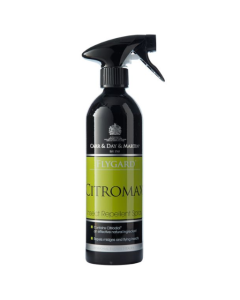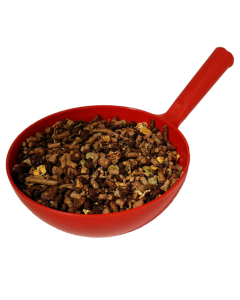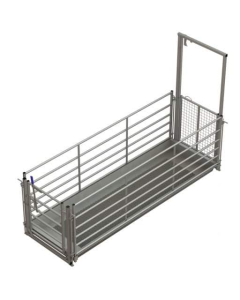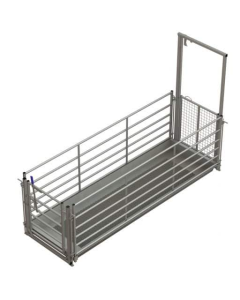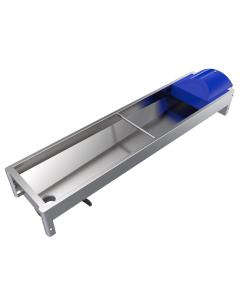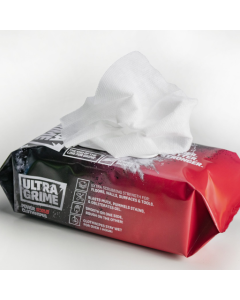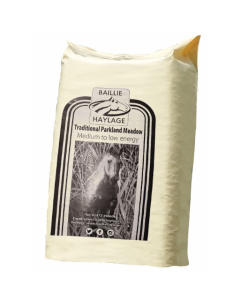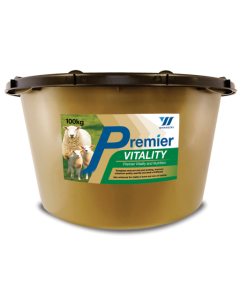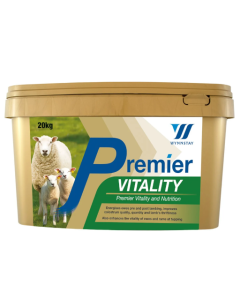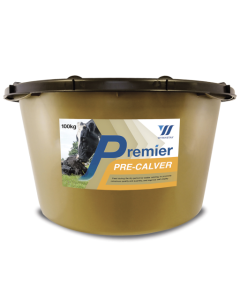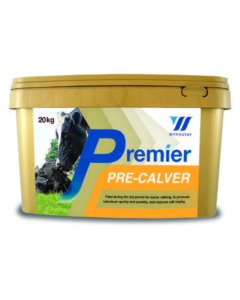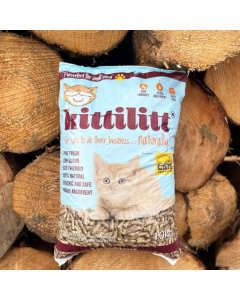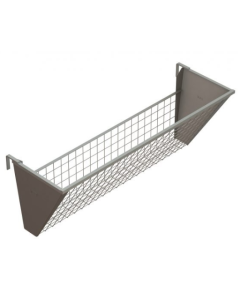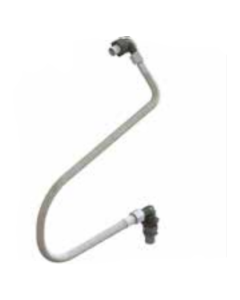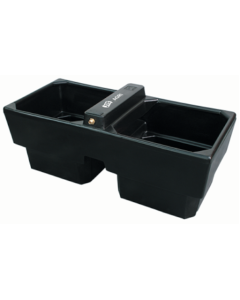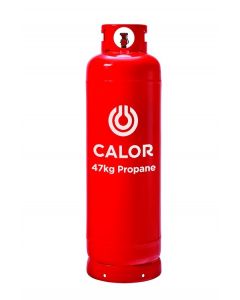Clubroot is an increasing problem in oilseed rape crops – something that has been exacerbated by close rotations. We are hearing increasing reports of clubroot on farms, particularly in the western region leading to yield losses.
Symptoms of clubroot
- Root swelling: The roots of infected plants become swollen and distorted.
- Root galls: The roots develop large, cauliflower-like galls.
- Root rot: The roots may rot and decay.
- Yellowing leaves: The leaves of infected plants may turn yellow.
- Wilting: The leaves of infected plants may wilt.
- Death: In severe cases, the plant may die.
Clubroot is a soilborne disease caused by the fungus Plasmodiophora brassicae. The fungus survives in the soil for many years in the form of resting spores. When these spores come into contact with a susceptible plant, they germinate and infect the roots. The fungus then stimulates the cells in the root to multiply abnormally, forming large, swollen galls. These galls interfere with the plant's ability to take up water and nutrients, leading to stunted growth and yield losses.
Clubroot is a difficult disease to control, but by following these management practices, growers can reduce the risk of infection and protect their OSR crops.
Here are some additional details about Clubroot in OSR:
- The symptoms of clubroot include stunted growth, wilting, and yellowing leaves.
- The galls caused by clubroot can be seen on the roots of infected plants.
- Clubroot can reduce yields by up to 50%.
- There is no cure for clubroot, but it can be managed by following good crop rotation practices and using resistant varieties.
There are a number of ways to manage clubroot in OSR. These include:
Rotation
Lengthening rotations is the most sustainable long-term strategy for controlling clubroot. Crops that act as break crops include cereals, potatoes and legumes. Vegetable brassicas are susceptible and so do not act as a break crop. Rotations of longer than one year in five are likely to be helpful. It is important to control cruciferous weeds, as these will also carry infection and reduce the benefits of break crops.
Soil pH
Clubroot severity is linked to soil pH and, crops in acidic soils, are more at risk of severe symptom development. Although the clubroot pathogen is highly resilient and will survive and infect, even at high soil pH levels, soil amendments that raise the pH and calcium content of soils can be effective. A neutral or alkaline pH (7+) will be most effective in reducing clubroot in oilseed rape and vegetable crops but it is important to consider the wider rotation when raising pH over 6.5, as following cereals and potatoes crops can suffer from nutrient deficiencies.
Resistant Varieties
Clubroot-resistant oilseed rape varieties are available and offer good control (often greater than 95%) in most areas of the UK.
Available varieties include:
- DK Pliny (New)
- Mentor
Trials have shown that varietal resistance to clubroot is under pressure in some areas of the UK, particularly in the northeast of Scotland and has broken down in areas where it has been commonly used. When varieties share the same resistance mechanism, strains of clubroot that can overcome the resistance mechanism can build up in successive crops. Over-reliance on resistant varieties in short rotations will increase this risk and should therefore be avoided.




